A violent clash erupted between MS-13 and Barrio 18 gang members inside a Honduran prison, following the smuggling of weapons into the facility. This act of defiance comes amid a government crackdown on gang activity within the prison system.
The crackdown follows a deadly prison riot that claimed the lives of 46 inmates and a subsequent shooting at a pool hall, resulting in 11 fatalities. Authorities suspect the incidents may be connected, with National Police Commissioner Miguel Pérez Suazo suggesting the possibility of retaliatory actions.
The pool hall attack, believed to have occurred in Barrio 18 territory, took place after the women's prison riot in Tamara. Honduran President Xiomara Castro condemned the riot as a "monstrous murder" orchestrated by street gangs.
In response, military police conducted a raid on a men's prison in Tamara, forcing inmates into a vulnerable position reminiscent of tactics used in El Salvador's super prison. The search yielded ammunition, firearms, and grenades.
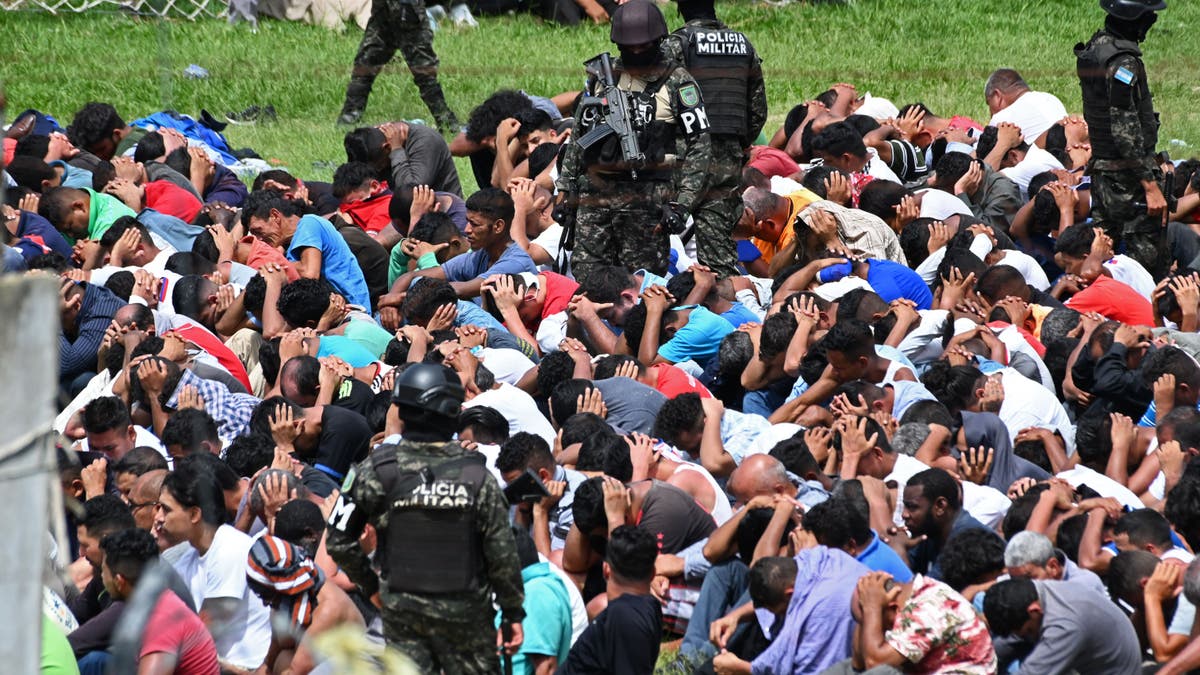
According to Yuri Mora, spokesperson for the national police investigation agency, the prison riot resulted in 26 inmates dying from burns, while others were killed by gunshots or stabbings. Several inmates were hospitalized, with a majority succumbing to their injuries later.
Commissioner Pérez Suazo also acknowledged the potential for the pool hall shooting to be a form of gang retaliation against civilians. The prison riot was triggered by a confrontation between Barrio 18 and MS-13 early Tuesday morning, facilitated by smuggled weapons.
As the government struggles to regain control of prisons from gangs, Julissa Villanueva, head of the penal system, suggests the riot could be a reaction to nationwide prison raids aimed at curbing corruption among security personnel.
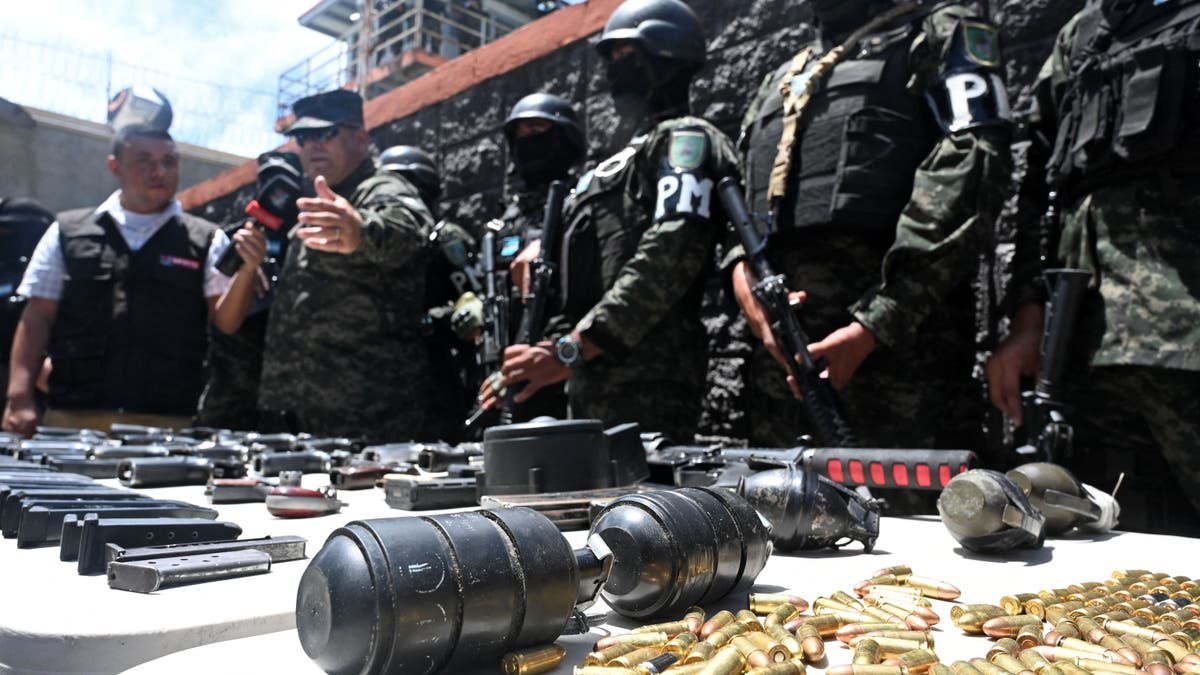
President Castro has pledged "drastic measures" in response to the riot, which she believes was planned by gangs with the complicity of security officials. A curfew has been implemented in Choloma, along with increased security operations.
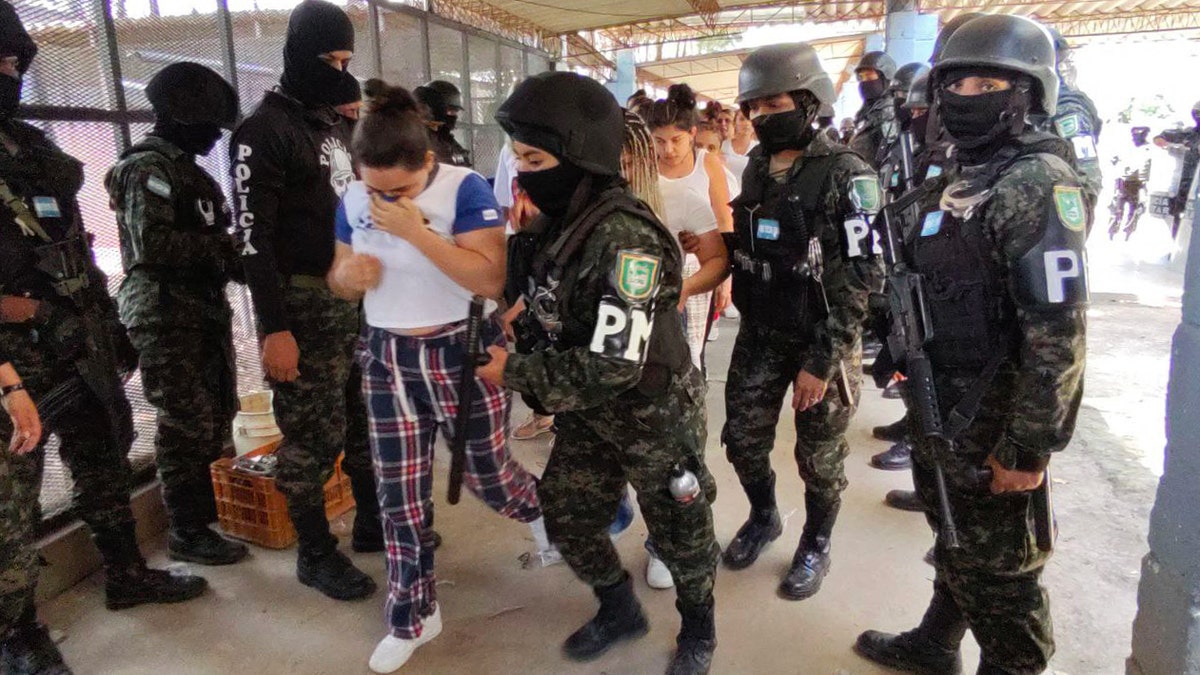
El Salvador's President Nayib Bukele has achieved significant success in reducing crime through aggressive tactics, including the construction of a large-scale prison and mass arrests. However, these measures have also led to the detention of American citizens, raising concerns about arbitrary arrests.
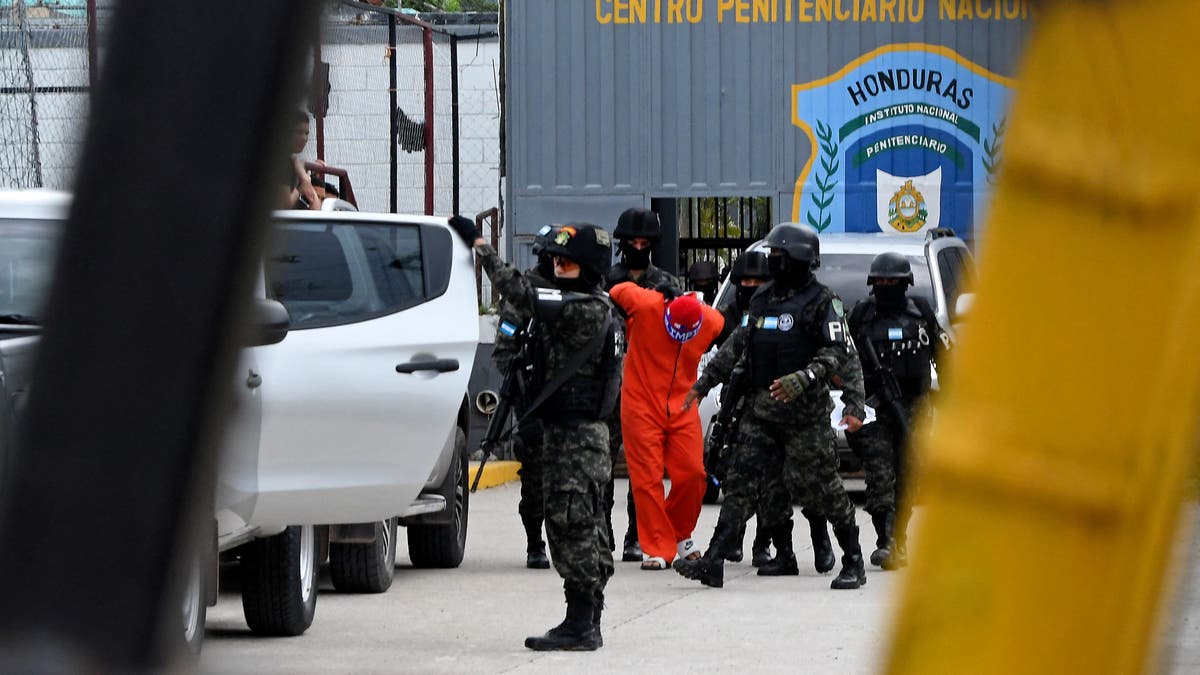
Salvadoran Minister of Justice Hector Gustavo Villatoro defended El Salvador's approach, asserting that detentions are lawful and based on investigations, regardless of nationality. He confirmed that detainees have access to consular services.
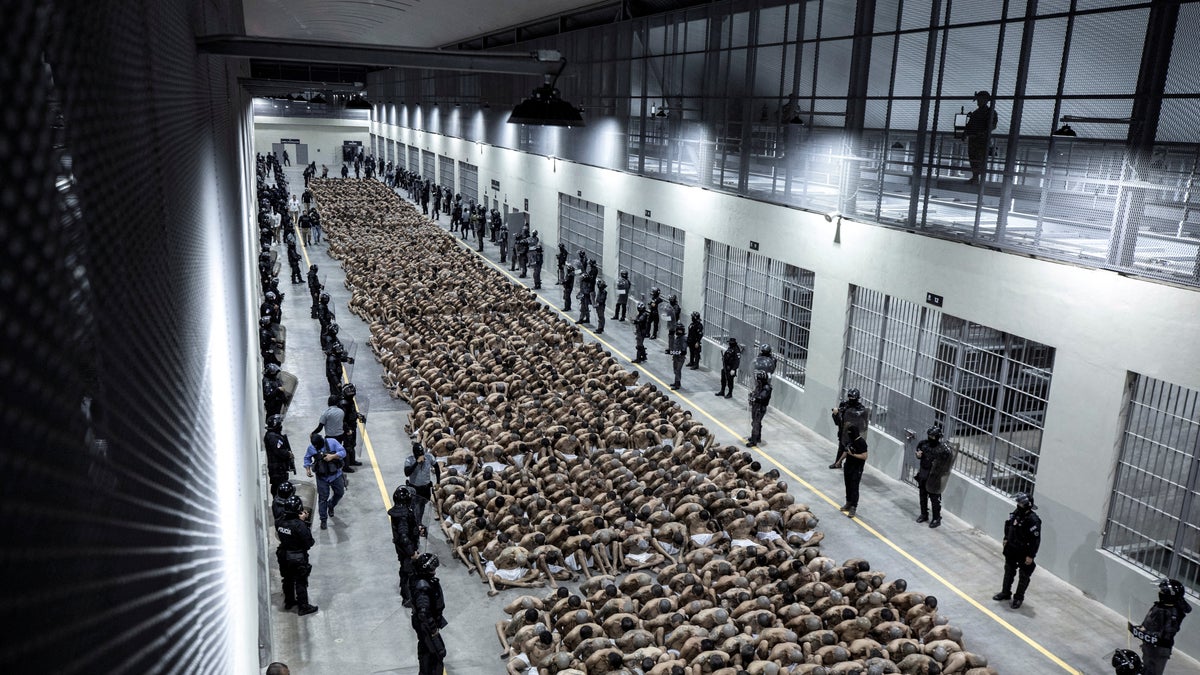
Comments(0)
Top Comments